Tim Burton’s Alice in Wonderland was a surprise hit, grossing $1 billion worldwide. At least, it was a surprise to me and, in a lot of ways, still is one. It was a film I never connected with (Ken originally reviewed it, viewing it much more favorably than I would’ve at the time), never really thought about afterwards and have never heard discussed since. That it raked in all this cash seems strange, since I can’t quite figure out what had caught on with audiences. Was it Burton or Johnny Depp? Perhaps the CGI-heavy, yet fantastical, imagery? Or just our general familiarity with Lewis Carroll’s source material?
The obvious answer is a mix of all of these elements. Six years later, director James Bobin’s (Muppets Most Wanted) attempts to recapture this with Alice Through the Looking Glass. But, at least artistically, it doesn’t quite happen here. A lot of the blame can be placed on Bobin (whose Muppet films I haven’t really cared for) as his style — light comedy, for instance — works better with foam puppets spouting puns than in a big-budget fantasy picture. Alice Through the Looking Glass is something that would have been better served through Burton’s sensibilities.
Alice in Wonderland, while far from my favorite of Burton’s films, fits within that filmmaker’s sensibilities. Perhaps the problem here is that I’m not convinced Bobin has a sensibility. Yes, the film is professional enough, but there’s little verve or energy. It’s not simply a problem in the direction and physical style of the film (one that relies too heavily on art-directed CGI for my tastes), but one that trickles down to the cast as well, most of whom were in Wonderland and are returning for this second time. There’s Mia Wasikowska as Alice, who’s now a ship’s captain and must return to Underland to help her friend The Mad Hatter (Johnny Depp) by traveling back in time. Helena Bonham Carter’s here, as are Anne Hathaway and the voice of the late Alan Rickman. Plus, there’s the addition of Sacha Baron Cohen (doing what appears to be a Werner Herzog impression, which isn’t as interesting as it sounds). But even with the big, respectable names, they don’t seem like they want to be here.
There’s a general lack of whimsy and lightheartedness. Not that this is some heavy, emotional drama we’re talking about (the blacklight-poster aesthetics of the film prevent this), but there’s a heart that’s missing here. There’s almost a sense that no one — from the studio down — really wanted to be making this movie (six years in between the two don’t really denote excitement on anyone’s part), but the huge sums of money the original made necessitated its creation. Alice Through the Looking Glass feels less like a film and more like a responsibility and an inevitability. Rated PG for fantasy action/peril and some language.



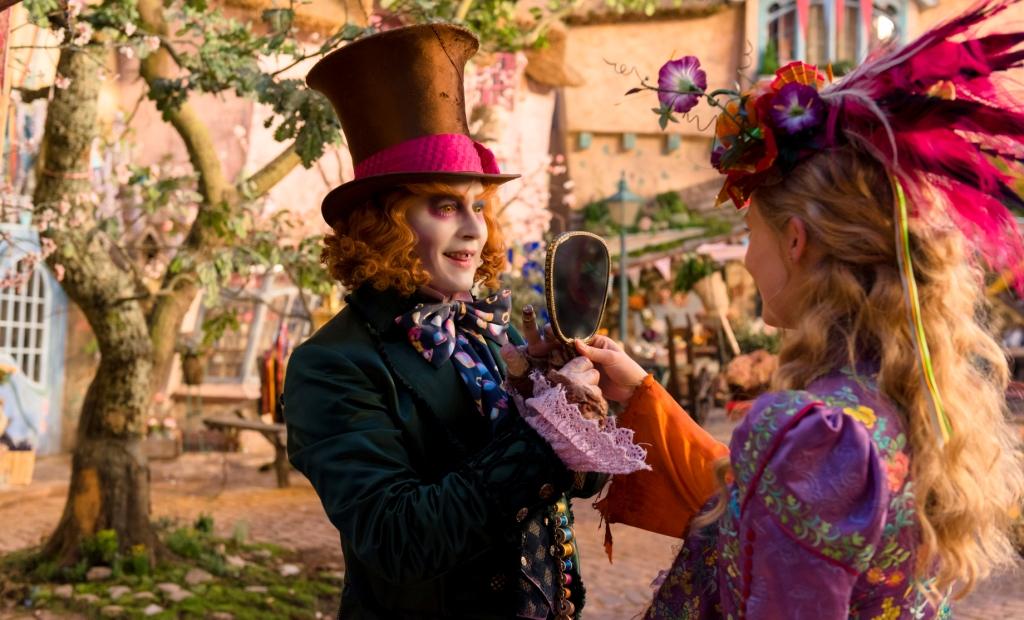
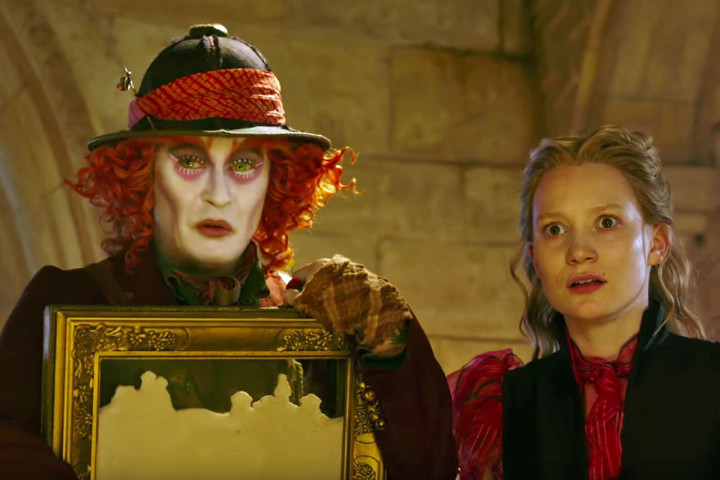
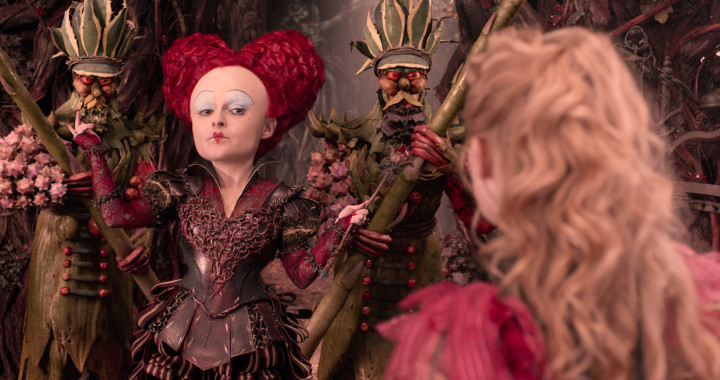
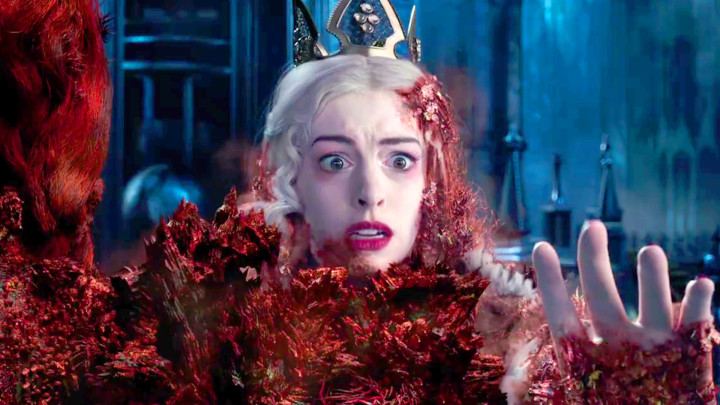
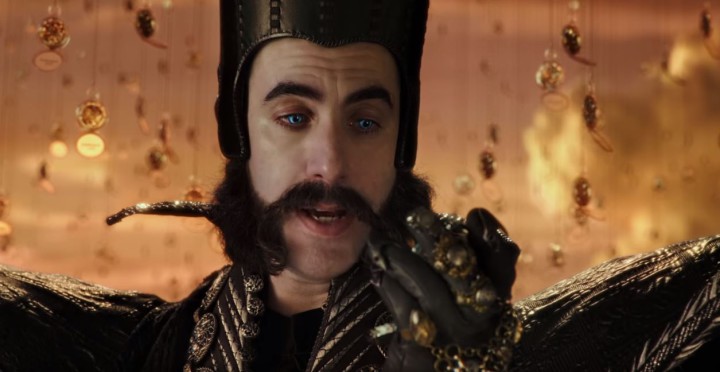
Before you comment
The comments section is here to provide a platform for civil dialogue on the issues we face together as a local community. Xpress is committed to offering this platform for all voices, but when the tone of the discussion gets nasty or strays off topic, we believe many people choose not to participate. Xpress editors are determined to moderate comments to ensure a constructive interchange is maintained. All comments judged not to be in keeping with the spirit of civil discourse will be removed and repeat violators will be banned. See here for our terms of service. Thank you for being part of this effort to promote respectful discussion.